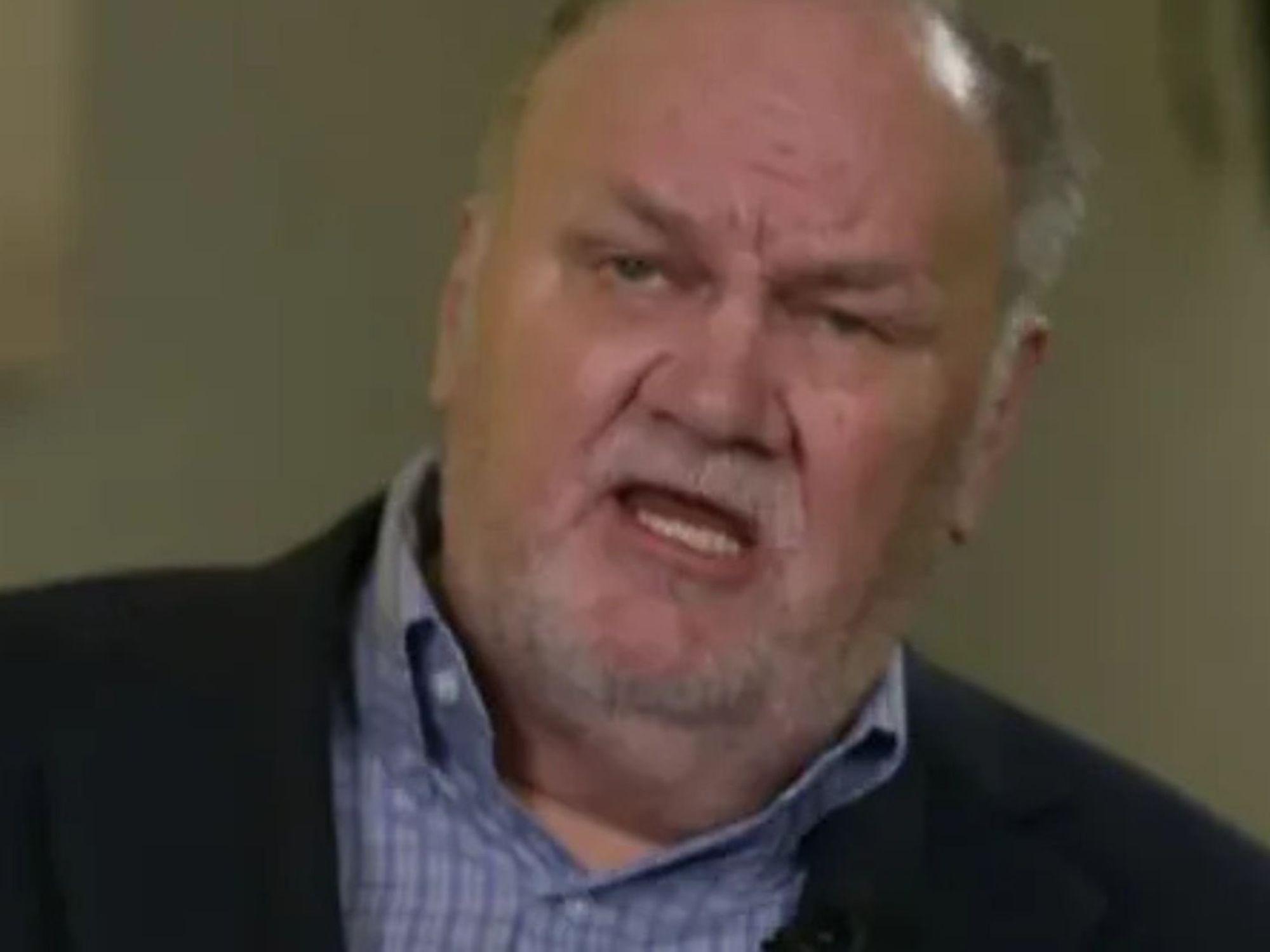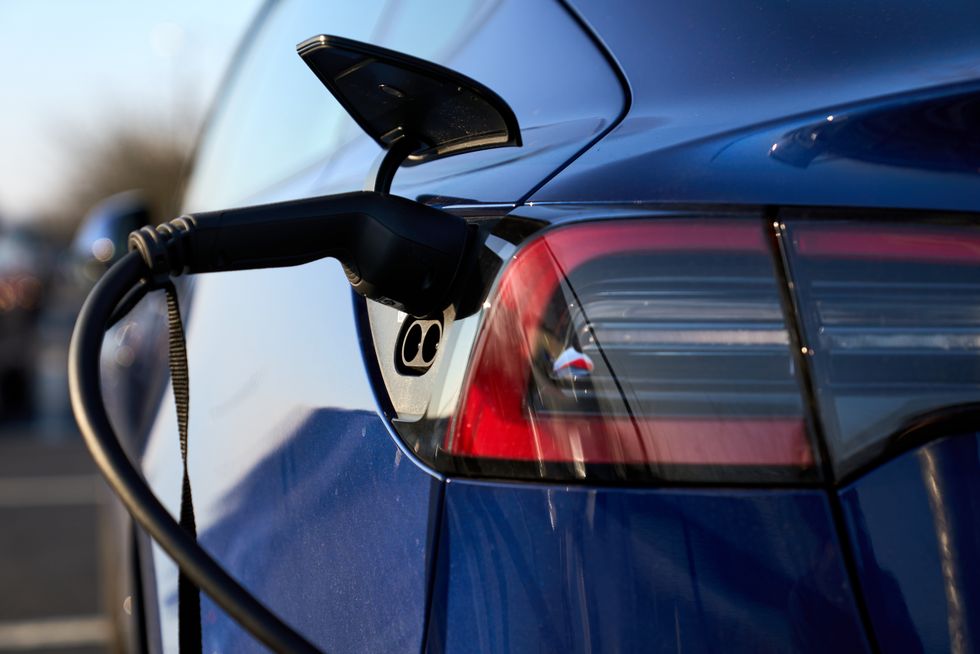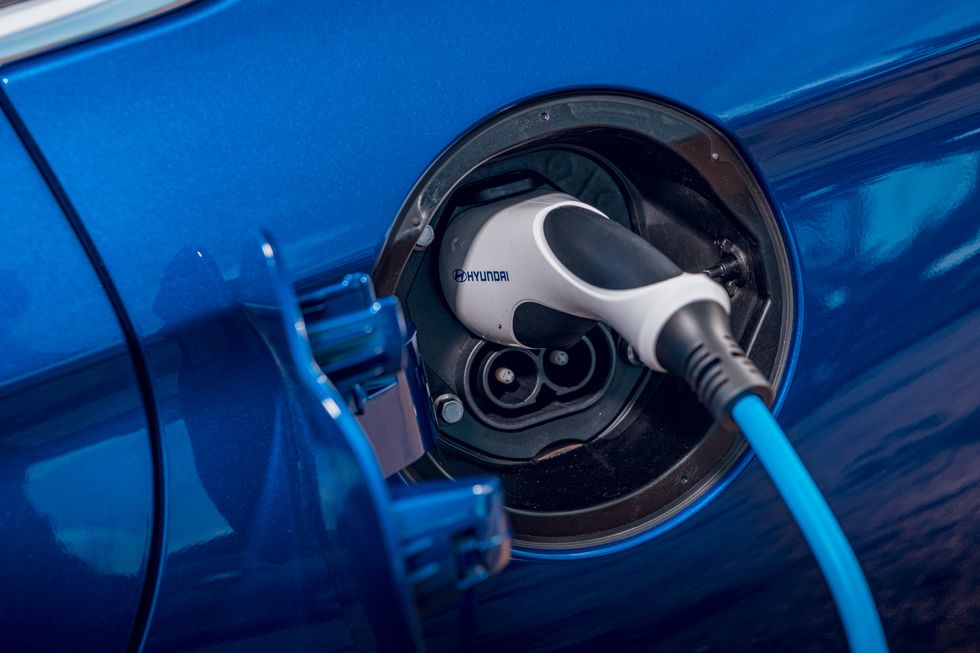One in seven drivers say their next car will be electric, survey finds
Some 14 percent of respondents to an RAC poll of 3,102 motorists said they will buy an electric vehicle the next time they change cars
Don't Miss
Most Read
One in seven drivers says their next car will be electric but the cost-of-living crisis is delaying many from making the switch, a new survey suggests.
Some 14 percent of respondents to an RAC poll of 3,102 motorists said they will buy an electric vehicle (EV) the next time they change cars.
That is up from three percent in 2018 and ten percent in 2021.
Hybrid vehicles also account for a significant proportion of drivers’ next car preferences.
One in seven drivers says their next car will be electric
John Walton
One in ten (ten percent) want a plug-in hybrid, which can be recharged using an external electricity supply
PA
A fifth (19 percent) say they want conventional hybrids, which feature a battery that can only be recharged from the main combustion engine
One in ten (ten percent) want a plug-in hybrid, which can be recharged using an external electricity supply.
But the research also indicated rising living costs have reduced people’s ability to switch cars.
Just 28 percent of drivers expect to move to a different model within the next two years, down from 36 percent in 2019.
Sales of new petrol and diesel cars and vans in the UK will be banned from 2030.
RAC spokesman Simon Williams said: “It’s great to see an increasing proportion of drivers saying they will go electric next time they change their vehicles, with more than twice as many saying their next vehicles will be zero-emission than before the pandemic.
“But at the same time, it’s also very worrying that there are currently so many factors hindering take-up.
“A combination of the effects of Covid, ongoing availability issues in the new car market due to a global microchip shortage and the squeeze on household finances brought about by the cost-of-living crisis mean people keen to get into an EV are likely to put off doing so.
“Rising interest rates will also inevitably have a detrimental effect on the number of people who choose to buy new cars on finance.”













